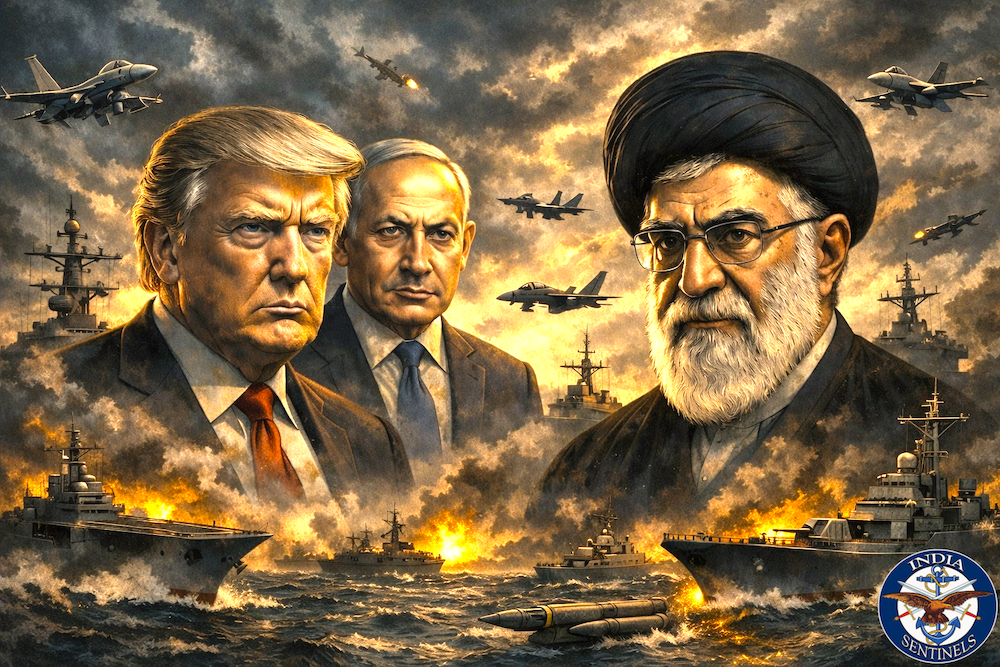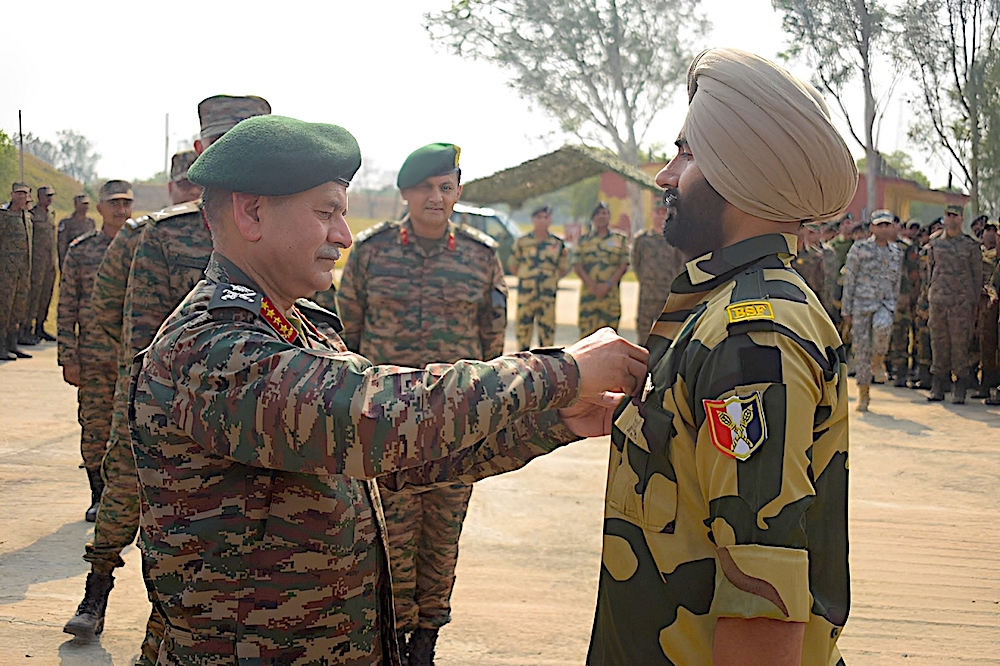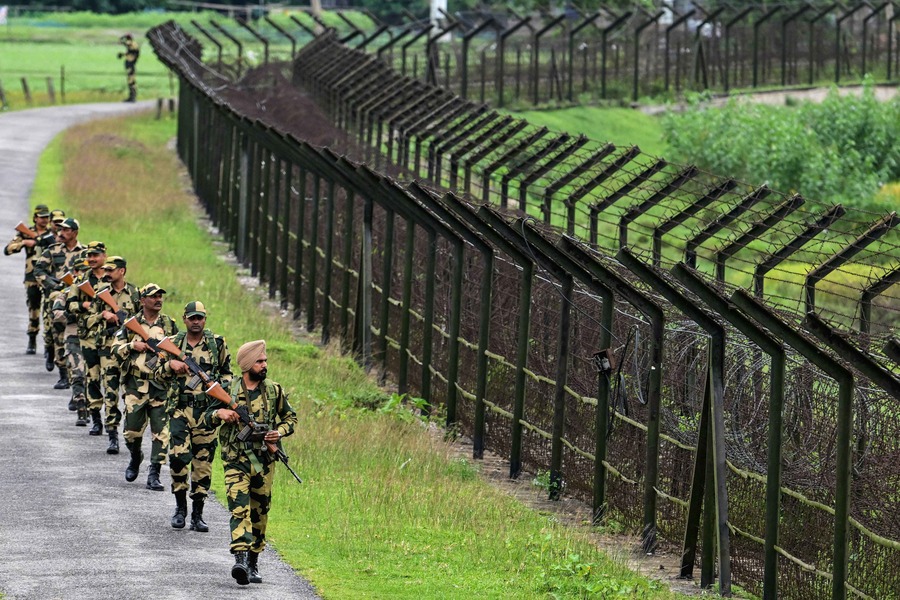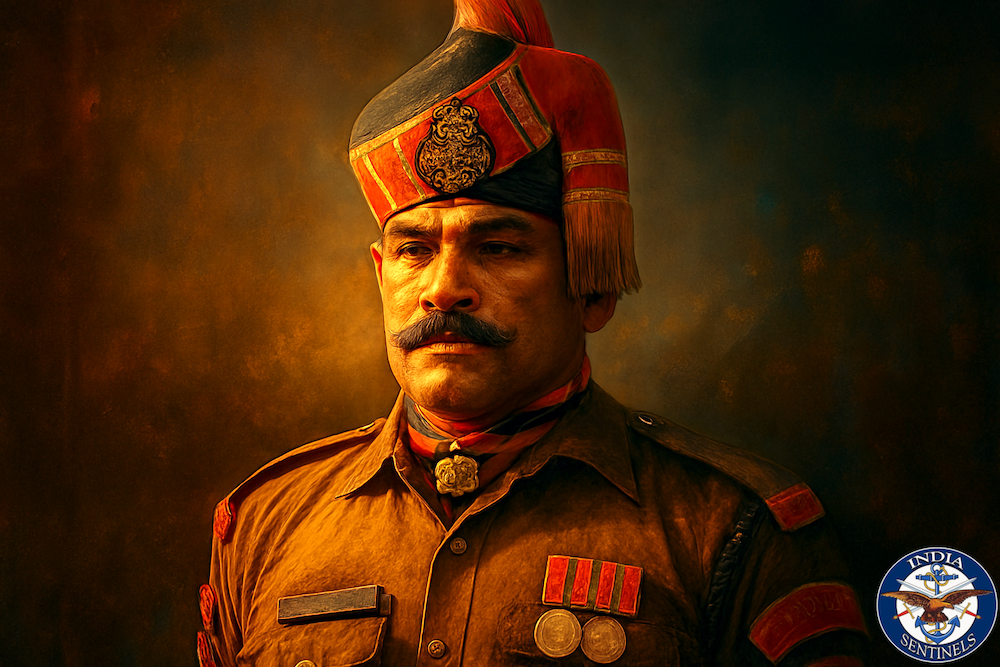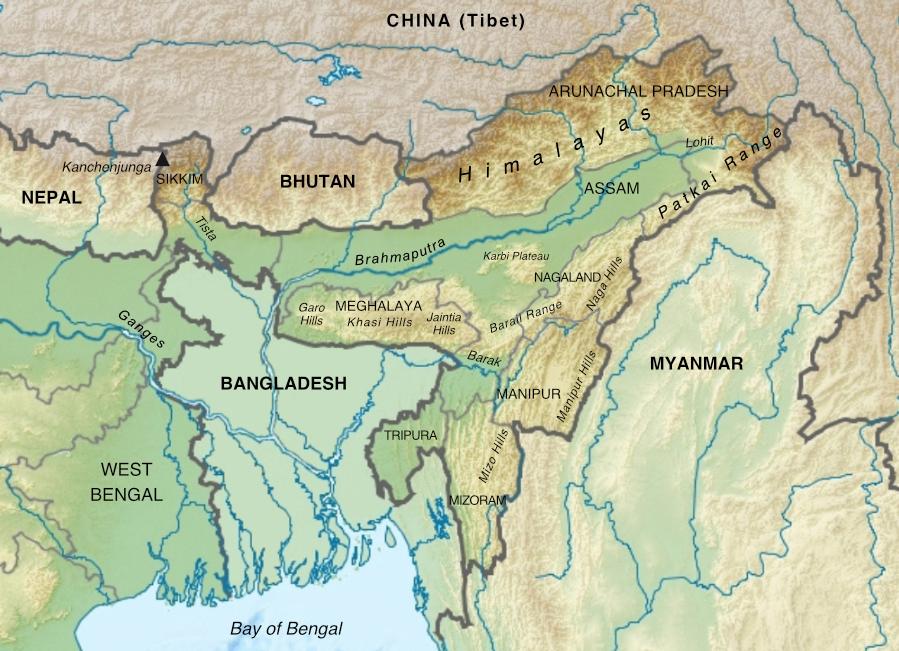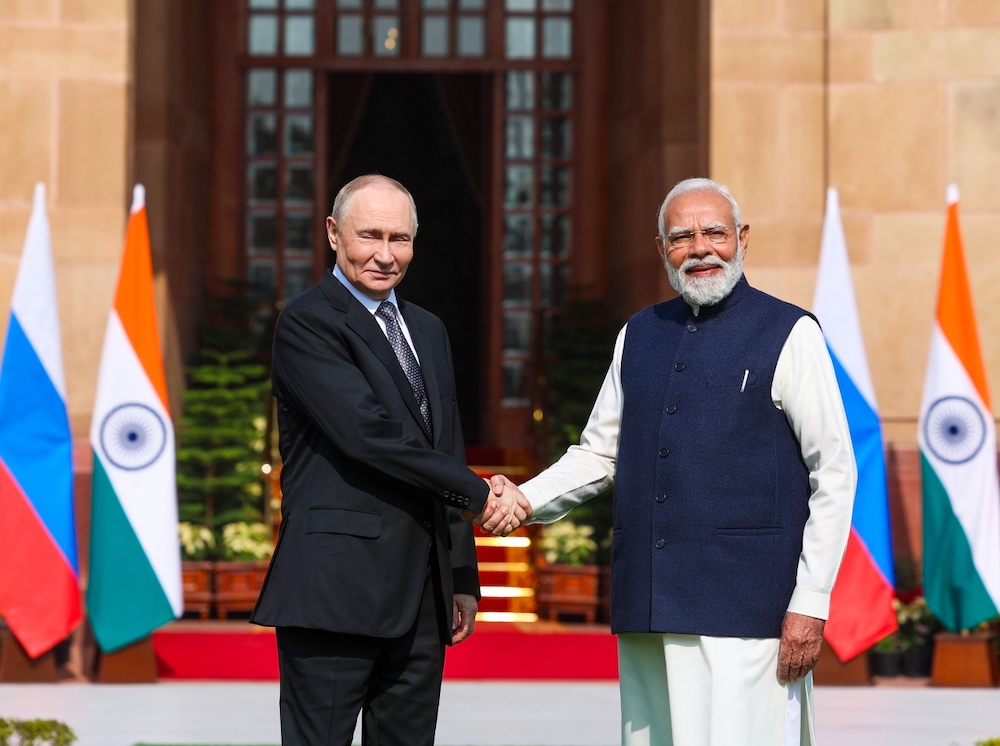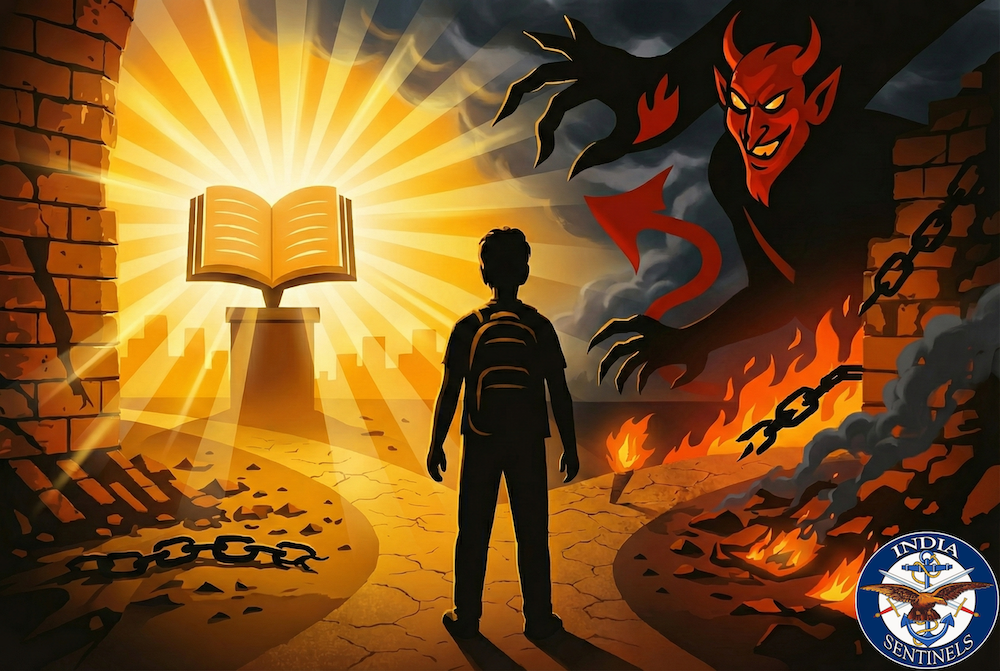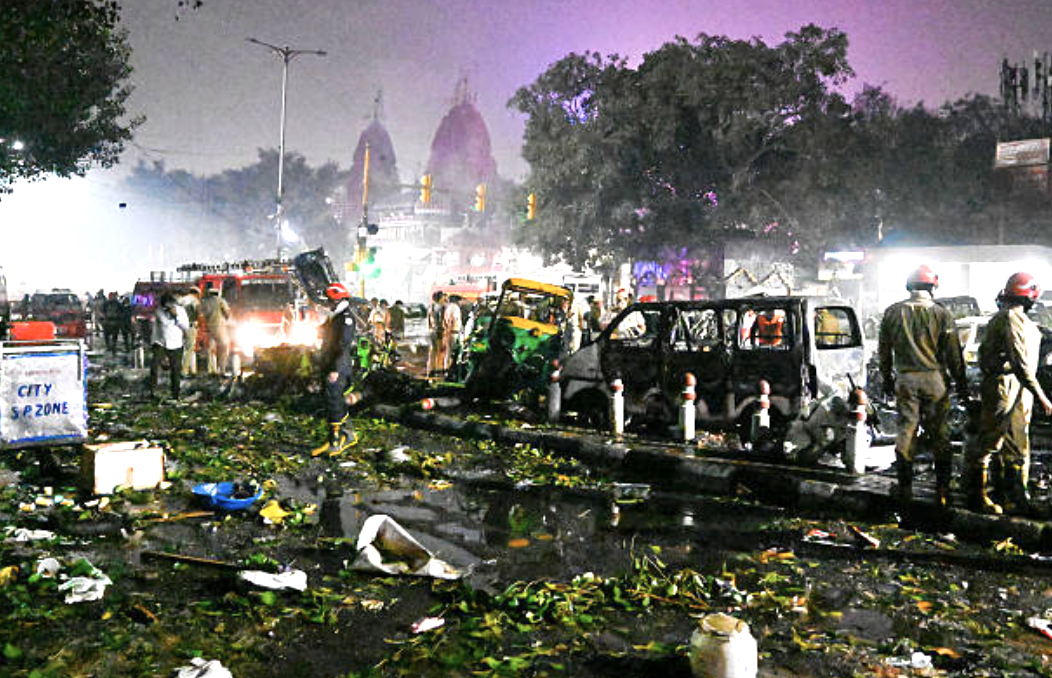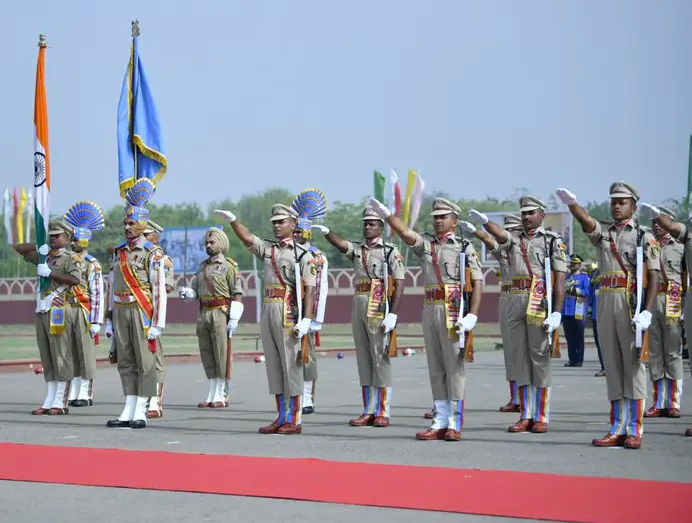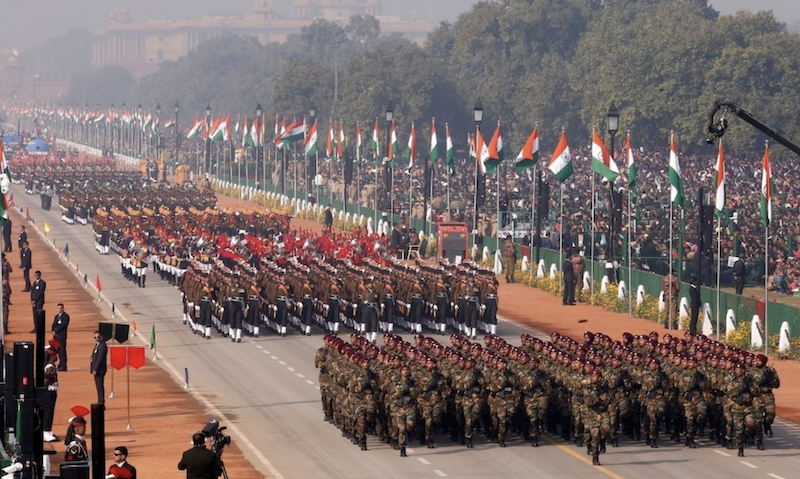 Army contingents marching during Republic Day parade in New Delhi. (Representational photo)
Army contingents marching during Republic Day parade in New Delhi. (Representational photo)
The 2014 general election was unique in many ways. The world, perhaps for the first time, witnessed expenditure on a poll campaign on such a massive scale, especially by the Bharatiya Janata Party, which projected Narendra Modi as its prime-ministerial candidate. During the campaign, Modi made a lot of promises to the people of India. One of the key promises he made was to implement the “one rank, one pension” (OROP) scheme for retired armed forces’ personnel, as recommended by the Koshyari Committee and accepted by Parliament twice.
The BJP won the election in a landslide riding on the overwhelming support of the voters. Modi became the prime minister and Indians, especially the former soldiers, awaited the fulfilment of his electoral promises. Sure enough, the government announced the “implementation” of OROP with much fanfare with the-then defence minister, Manohar Parrikar, appearing in a news conference, which was attended by the three service chiefs (against the protocol). However, what shocked the soldiers was that it was not the OROP as recommended by the Koshyari Committee but a one-time enhancement in pension. As it turned out, the-then finance minister, Arun Jaitley, had twisted the definition of OROP as given by the Koshyari Committee to suit the government’s narrative.
The veterans requested the government to have a relook and implement the correct OROP, but the government, riding on brute parliamentary majority, arrogantly rejected their demand. The veterans sat on a peaceful sit-in protest against this, which is still going on at New Delhi’s Jantar Mantar for over 3,000 days – a record in itself.
The veterans also approached the Supreme Court for redressal. After seven years, the apex court rejected the plea of the veterans upholding the government’s submissions. It must be noted that the Supreme Court did not examine many facts produced by the veterans. The court, however, directed the government to pay the arrears of the pension accrued as per government’s promise to revise pension every five years.
Here again, the government kept on seeking extension on some pretext or the other. It gave the Cabinet approval just one day prior to the deadline given by court to avoid the contempt of court. The government planned to pay arrears in four equal instalments every six months which if done, go up to 2024 when the next pension revision is due and the next general election is to take place.
While this battle was on, surprisingly, the veterans did not receive any support either from the retired or the serving chiefs and other seniors who, on TV, bragged to capture Aksai Chin and Pakistan-occupied Kashmir. The veterans had been left to fend for themselves even when they were manhandled by the Delhi Police, something which never happened earlier. Even the protesting “Veer Naris” (war widows) were not spared, which was shameful.
So much for the esprit de corps (the common spirit existing in the members of a group and inspiring enthusiasm, devotion, and strong regard for the honour of the group).
This arrogant behaviour on the part of the government made one wonder whether camaraderie still existed in the armed forces. This heady action by the government and virtually no action worth its name by the military brass is an indication that the government wishes to subjugate the armed forces and rule them rather than control them as specified by the Constitution of India.
The events which followed the OROP fiasco too point out that these apprehensions are not mere speculation and misplaced views. To cite a few:
· The armed forces are being addressed as someone’s personal forces.
· Unilateral decisions in military matters without any discussion with the military leaders.
· Making a political drama of a military operation claiming it happened for the first time.
· Ordering contribution from the soldiers towards a fund which is not a government fund as per the governmeny’s own admission.
· Denying non-functional financial upgradation (NFFU) to the armed forces.
· Removing the Amar Jawan Jyoti from the India Gate citing it reminded of the colonial legacy. (It is disrespecting the fallen braves of the great war of 1971 and has nothing to do with the colonial legacy.)
· Blatant denial of Chinese intrusion in Ladakh and Arunachal Pradesh.
· No clarification on the Galwan and Tawang saga.
· Implementation of the Agniveer scheme without any consultation.
The above are just a few in a list that is way too long. It only strengthens the perception that the intention is to rule and dominate rather than have control as given out in the Constitution.
The Constituent Assembly of India burned midnight oil to produce the most comprehensive document ever – Constitution of India. It clearly defines the role of the armed forces and their responsibilities. It also gives out the role of the legislature, including its democratic control over the armed forces. A clear legal and constitutional framework exists explaining the ties between the armed forces and the state.
The complicit silence of the powers that be in uniform points towards a deep rot. It has resulted in the soldiers getting virtually no help from the service they are in when harassed and even assaulted by civilians or civilian organizations, like the police.
This brings to mind two things one has to worry about:
a) Politicians with military ambition and
b) Military with political ambition.
The armed forces have always been apolitical and performed their duties with utmost sincerity. A few big guns in the military having political ambitions have dented this image, albeit purely at individual level. However, the same cannot be said about the political leadership given the current environment.
The silence of the military brass at this critical juncture is not a good sign. No one advocates belligerence, but any attempt to undermine the armed forces and dominant attitude of the legislature and
bureaucracy to interfere in military matters must be contested. Otherwise, the question that will invariably arise: whether the armed forces belong to our democratic country or the militia of a political strongman?
Follow us here:
Twitter: https://twitter.com/indiasentinels
Facebook: https://facebook.com/indiasentinels
Instagram: https://instagram.com/indiasentinels
YouTube: https://youtube.com/indiasentinels
Disclaimer: The views expressed in the article are the author’s own and don’t necessarily reflect the views of India Sentinels.
© India Sentinels 2022-23

